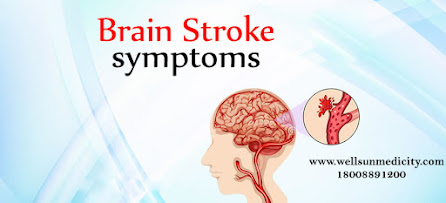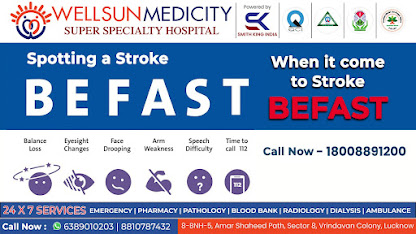The gastrointestinal (GI) tract is a vital part of the body's digestive system, responsible for breaking down food and absorbing nutrients. However, the GI tract can be affected by various diseases and disorders, which can cause discomfort, pain, and even life-threatening complications. In this article Dr. Anurag Mishra (D.M Gastro explore the types of gastrointestinal diseases, their symptoms, and diagnostic methods.
Types of
Gastrointestinal Diseases:
· Gastroesophageal Reflux Disease (GERD): A chronic condition in which stomach acid flows back into the esophagus, causing heartburn and regurgitation.
· Inflammatory Bowel Disease (IBD): Mainly Ulcers colitis (US),Chon’s dieses A chronic condition characterized by chronic inflammation of the GI tract, which can cause diarrhea, abdominal pain, and weight lose & bleeding return.
· Irritable Bowel Syndrome (IBS): A functional disorder that causes abdominal pain, bloating, and changes in bowel habits.
· Peptic Ulcers: Open sores on the lining of the stomach or duodenum that can cause abdominal pain and bleeding.
· Celiac Disease: An autoimmune disorder that causes damage to the small intestine in response to gluten.
· Colorectal Cancer: Cancer that develops in the colon or rectum.
· Gastrointestinal Infections: Bacterial, viral, or parasitic infections that can cause symptoms such as diarrhea, abdominal pain, and vomiting.
Symptoms of
· Abdominal Pain: Pain or discomfort in the abdomen that can range from mild to severe.
· Diarrhea: Frequent loose stools that can be accompanied by bloating and abdominal cramps.
· Constipation: Infrequent or difficult bowel movements that can cause straining and discomfort.
· Nausea and Vomiting: Feeling queasy or vomiting food of bile.
· Bloody Stools: Stools that contain blood or are black Maroon-colored.
· Weight Loss: Unintentional weight loss due to malabsorption of nutrients.
· Fatigue: Feeling tired or weak due to malabsorption of nutrients.
Management:
· Medical History: A detailed review of a patient's medical history to identify risk factors and potential causes of symptoms.
·
Physical
Examination: A physical examination to assess for signs,
· Laboratory Tests: Blood tests to check for inflammatory markers, such as CRP or ESR, and stool tests to check for bacterial or parasitic infections.
· Imaging Studies: Imaging studies such as X-rays, CT scans, or MRI scans to visualize the GI tract and identify any structural abnormalities.
· Endoscopy: A procedure in which a flexible tube with a camera is inserted through the mouth or rectum to visualize the inside of the GI tract.
· Biopsy: A procedure in which a sample of tissue is taken from the GI tract for examination under a microscope.
Conclusion:
Gastrointestinal diseases are common and can cause significant discomfort, pain, and even life-threatening complications. It is essential to recognize the symptoms and seek medical attention if symptoms persist or worsen over time. Early diagnosis and treatment can significantly improve outcomes and quality of life for individuals with gastrointestinal diseases.
Dr. Anurag Mishra
MBBS, MD-Medicine (KGMU, Lucknow)
DM-Gastroenterology (GB Pant, New Delhi)
Consultant Gastroenterologist,
Hepatologist & Endoscopist
Wellsun Medicity
Hospital
8-B/NH-5,
Vrindavan Yojna,
Shaheed
Path,Lucknow-226029
+91-8810787432/
18008891200
https://www.wellsunmedicity.com
email id-
wellsunmedicityhospital@gmail.com















